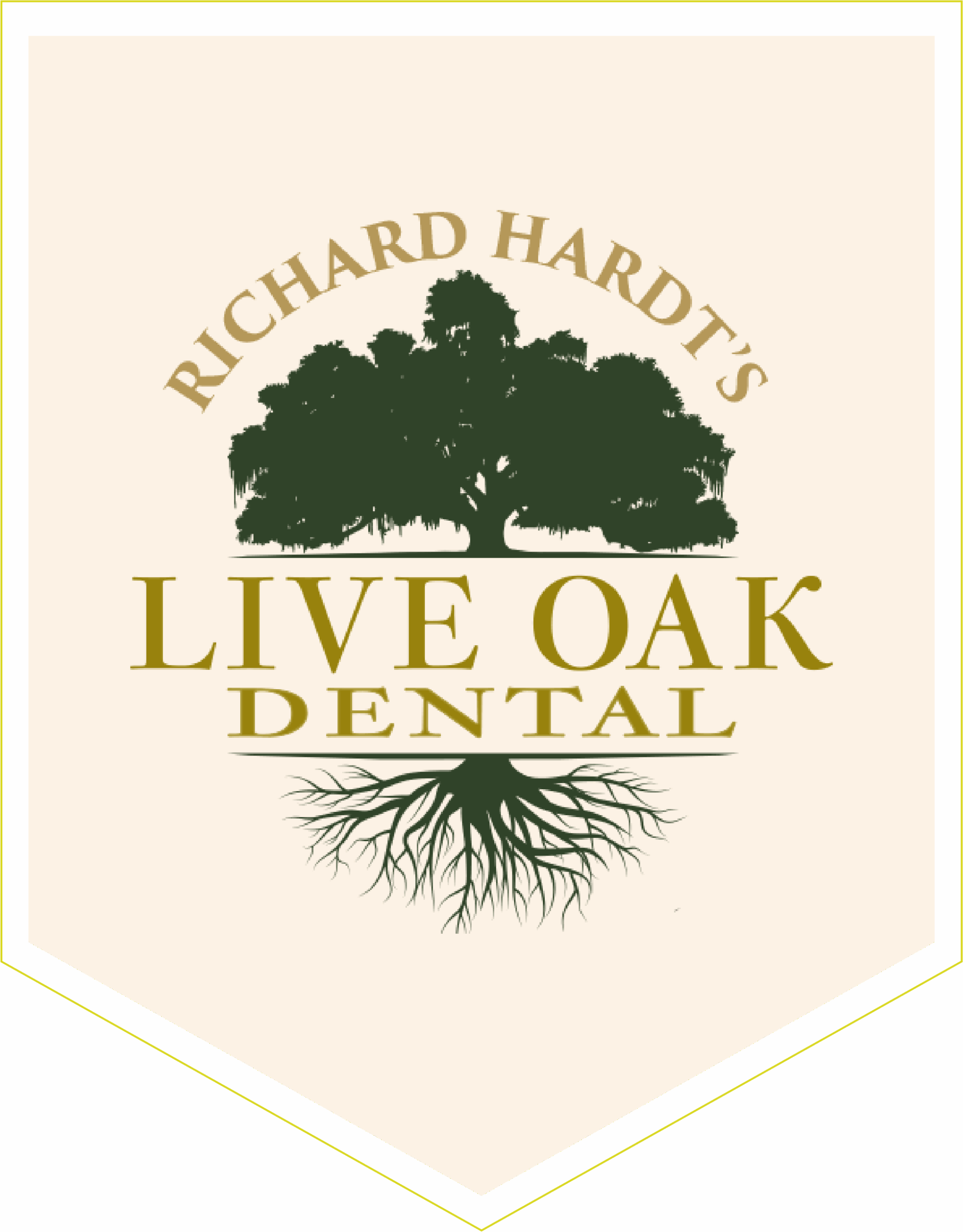Your teeth are good for a lot of things. Of course, they help to break your food down into smaller pieces so you can swallow it better. They make up your smile, which is one of the first things people often notice about others. But did you know they’re also a great indicator of your overall health?
At Richard Hardt, DDS, in Porterville, California, your oral health is our number one priority. During our preventive dentistry appointments, we evaluate the health of your teeth, tongue, gums, provide thorough cleanings, and offer expert advice on hygiene and brushing tactics.
It’s not just about making sure your teeth look their best and brightest — although we do that, too — we understand the connection between your oral health and your overall health.
Common oral health issues and underlying health problems
Your mouth is a window into the status of your body. When we look into it, it shows if you have nutritional deficiencies, infections, or even excess stress. Each of these factors and more can play a role in your health and well-being.
Some diseases such as diabetes, AIDS, and other immunocompromising diseases, can be caught early during regular dental visits. This is because they often present as oral lesions on the gums, roof of the mouth, or tongue, or can attack the teeth.
Further, the bacteria that reside in your mouth don’t just cause bad breath and cavities. Periodontitis, the oral disease caused by excess bacteria, can cause cardiovascular issues like heart attacks, stroke, and even pneumonia. Other common oral health issues and links include:
- Swollen, bleeding gums and diabetes. Gum disease can be a strong indicator of diabetes, as it causes the patient to have difficulty keeping bacteria levels in the mouth low, and also lowers infection defenses. To avoid this, eat a well-balanced diet, minimize stress when you can, and brush your teeth at least twice per day.
- Grinding teeth and receding gums. Bruxism, commonly known as teeth grinding, is typically linked to extreme stress and anxiety, but has recently also been linked to sleep apnea. To avoid receding gums and sensitizing or breaking teeth, be sure to use bite guards when sleeping.
- Mouth sores. Sores on the gums and borders of the mouth are often symptoms of herpes viruses HSV-1 And HSV-2. If you notice them, an antiviral medication can help to shorten the amount of time they are visible.
- Discolored gums. Gums that are paler than normal can be a sign of dehydration or anemia, a disease caused by low blood cell count. It can cause dizziness, heart palpitations, and breathlessness. If you notice any of these symptoms, you should schedule a checkup immediately.
How you can reduce the risk
Prevention is the most important way to maintain good health, orally and otherwise. In addition to brushing your teeth twice daily, you should remember to clean between your teeth with floss or a water pick at least once per day.
Minimize your intake of sugary foods or beverages, and drink plenty of water. If you’re stressed, find ways to minimize the amount of stress you feel. Eat a healthy, balanced diet and try not to constantly graze on snacks.
Finally, be sure to schedule and show up for your regular preventive dental visits! If it’s been a while since your last one, contact us today to schedule a visit at our Porterville, California, office. Keep your teeth healthy and take the first step toward a happy, healthy body as well!


